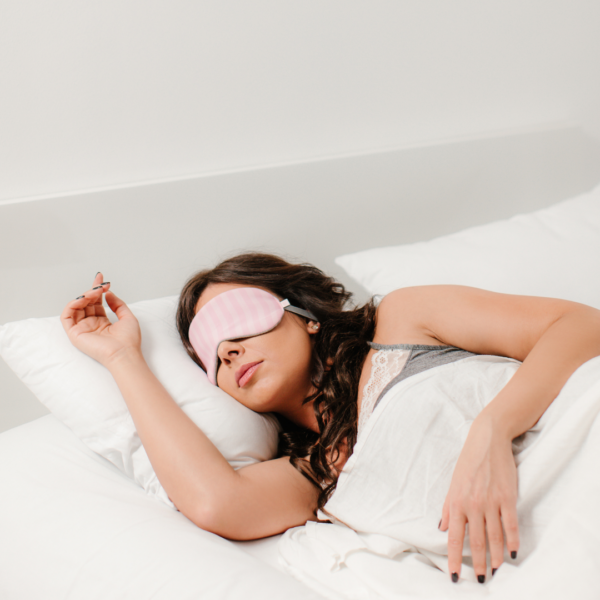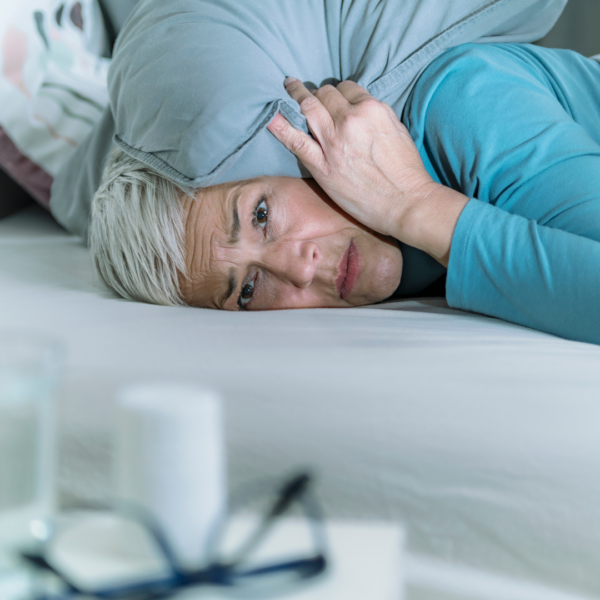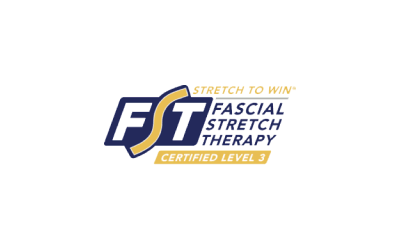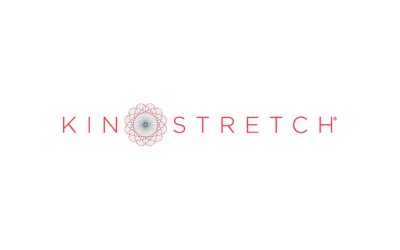Join the conversation.
How Well Does Your Body Recover With Caffeine.....?

Is caffeine hindering your recovery?
Ever wondered why you can’t sleep after a cup of coffee or why energy drinks seem to give you a jolt only to leave you crashing later? It all comes down to how these substances interact with your brain’s natural processes, specifically a little molecule called adenosine.
Adenosine: The Unsung Hero of Sleep
To understand how caffeine works, we first need to talk about adenosine. You might be familiar with adenosine triphosphate (ATP), the energy currency of our cells. ATP is created within our cells by combining oxygen and nutrients like sugar, fats, or amino acids in the mitochondria.
But what happens after ATP does its job? The energy is used, and adenosine is released as a byproduct. Throughout the day, as your cells work and ATP is broken down, adenosine levels gradually build up in your brain.

The Role of Adenosine in Sleep
Adenosine serves as a neurotransmitter, a chemical messenger in the brain. As its levels increase, adenosine binds to specific receptors in the brain, triggering a decrease in the release of wakefulness-promoting neurotransmitters and adrenaline, which is responsible for keeping you alert and energized.
Instead, adenosine promotes the release of GABA and serotonin—neurotransmitters that calm the brain, bring on drowsiness, and help you fall asleep. In essence, adenosine helps your body wind down, preparing you for a night of restorative sleep.
During sleep, your body clears out adenosine from your brain, which is why you wake up feeling refreshed and ready to start your day. Without adenosine suppressing adrenaline, your body can ramp up energy production and get you moving again.
How Caffeine and Energy Drinks Disrupt This Process
Enter caffeine. When you consume caffeine—whether it’s from coffee, tea, or energy drinks—it blocks those adenosine receptors. The adenosine is still there, but your brain can’t see it. As a result, adrenaline continues to be released, keeping you alert and awake.
This might seem like a good thing, especially if you need a boost in the morning. However, the more caffeine you consume, the more adenosine receptors are blocked, and the longer your brain stays in a heightened state of alertness. The natural progression toward sleepiness is interrupted, making it harder to wind down at night.
Now, imagine someone who not only drinks coffee in the morning but also consumes energy drinks throughout the day and into the evening. The effects are compounded, leading to poor sleep, which in turn creates a cycle of dependence on more caffeine and stimulants the next day just to function.

The Consequences of Disrupted Sleep and Excessive Stimulant Use
Once the effects of caffeine or energy drinks wear off, the crash hits. You go from being super alert to the opposite—tired, unfocused, and drained. Over time, this pattern can have serious health consequences.
For starters, excessive caffeine and stimulant use can lead to decreased heart rate variation (HRV) and an increased resting heart rate (RHR)—both indicators of stress on the heart. The nervous system also takes a hit, potentially leading to heart palpitations, panic attacks, and other issues.
Your liver and kidneys, responsible for filtering out toxins, are put under additional stress. Over time, this can lead to reduced immune function, slower recovery from exercise, hormone imbalances, and disruptions to gut bacteria. All of these factors can negatively impact your mood, energy levels, and overall health.
Let’s not forget the sugar content in many energy drinks, which can lead to significant weight gain and a slowing metabolism, making it harder to shed those extra pounds.
The Bottom Line
Understanding how caffeine and other stimulants affect your brain and body is crucial for maintaining good health and optimizing recovery. While a little caffeine can give you a needed boost, relying on it heavily—especially through energy drinks—can disrupt your sleep and lead to a host of other issues.
Next time you reach for that extra cup of coffee or energy drink, consider how it might be affecting your sleep and overall well-being. Prioritizing natural ways to boost energy, like proper sleep, balanced nutrition, and regular exercise, can help you avoid the pitfalls of excessive stimulant use. Sometimes with caffeine, less is more when it comes to giving your body the rest and recovery it truly needs




